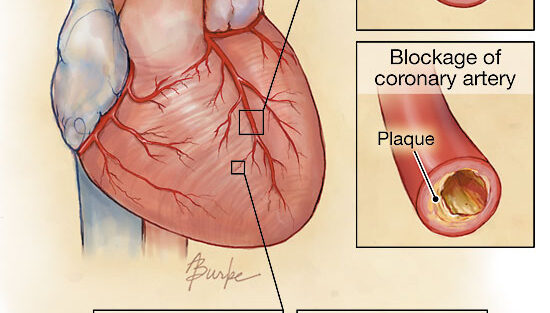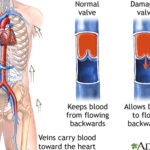We at NJ Heart specialize in the diagnosis and treatment of all kinds of chest pain/ Chest discomfort. Contact our office to schedule your appointment if you or your family/ friends have any of these symptoms.

Chest pain can have many causes. Pain can come from the heart, lungs, gastrointestinal tract, muscles and bones of the chest wall, or abnormalities in nerve pain sensation. It is often difficult to distinguish one type of chest pain from another. There are many tests that can be done to help distinguish the different types of chest pain so that the correct treatment can be given. Because heart disease continues to be a major cause of death and disability, chest pain due to disease of the coronary arteries (arteries that supply the heart) is of particular concern. It is helpful to know the signs and symptoms that suggest cardiac (associated with the heart) chest pain (see below). Cardiac chest pain is called angina, is due to blockages or dysfunction in the coronary blood vessels (arteries and small artery branches called arterioles), and is usually related to physical exertion or stress. Not everyone has the same symptoms, and women often have atypical (different) symptoms compared with men. Risk factors for angina include high cholesterol, diabetes, smoking, high blood pressure, and a family history of coronary artery disease.
Causes of chest pain
- Heart disease, including coronary artery disease or pericarditis (inflammation of the tissue surrounding the heart)
- Lung disease, including infections like pneumonia, pleurisy (inflammation of the lining surrounding the lungs and chest cavity), pulmonary emboli (blood clots) to the lungs, and asthma
- Gastrointestinal reflux disease (GERD) due to acidic stomach contents flowing upward into the esophagus that may cause heartburn (burning pain in the chest) or difficulty swallowing
- Musculoskeletal pain from the ribs or sternum (chest bone) and their attached muscles
- Abnormalities in cardiac nerve pain sensation
Typical symptoms of cardiac chest pain
- Chest pain that usually occurs with or is made worse by physical exertion or stress
- Squeezing or pressure in the mid-chest region that may be associated with pain in the left arm or jaw
- Chest pain associated with shortness of breath
Atypical symptoms of cardiac chest pain
- Chest pain associated with nausea, lightheadedness, or dizziness
- Fatigue or weakness occurring as a consequence of chest pain
Tests for chest pain
- Electrocardiogram (ECG)
- Chest x-ray
- Blood tests for evidence of heart muscle damage or emboli to the lungs
- Lung scan to detect any area with compromised airflow
- Cardiac stress test to detect areas where there may be compromised blood flow to the heart muscle
- Ultrasound of the heart (echocardiogram) to detect areas of the heart muscle or valves that may be weakened or damaged
- Coronary angiogram (visualization of the heart’s blood vessels) to detect blockages or dysfunction



